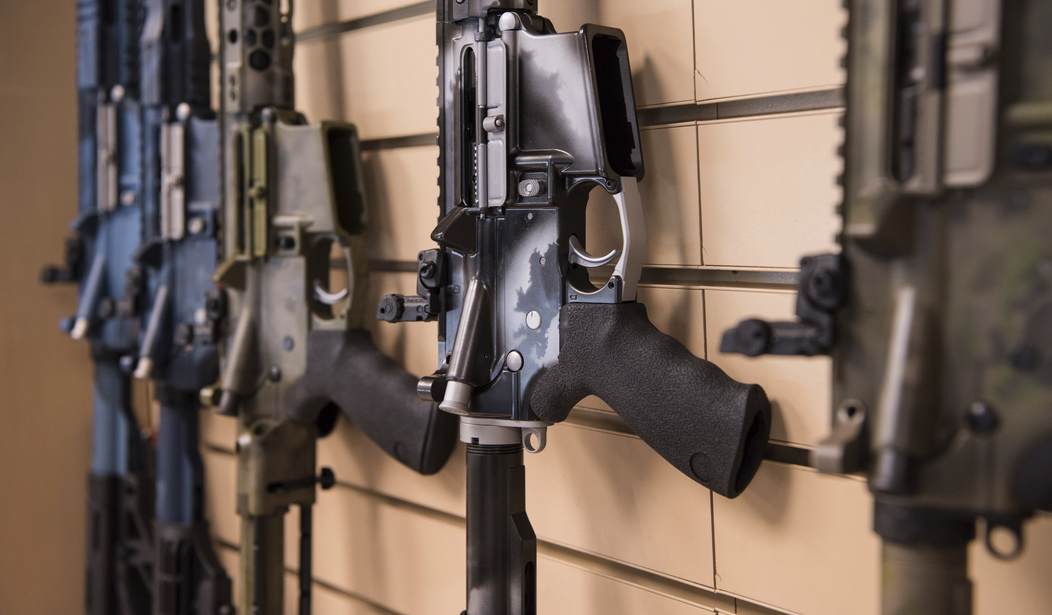Florida's age limit for long gun sales is an incredibly problematic piece of legislation. The fact that the state hasn't repealed it yet is rather troubling to me, but considering what I've said about Florida earlier this week, I can't say I'm shocked.
In a recent court case, the circuit court upheld the age restrictions, arguing that 21 was the age of majority at the time of the nation's founding, thus the law met the Bruen standard. Too bad for him that he's wrong.
See, my argument in response to that was how literally all of the other things the judge claims someone under 21 couldn't do at that time are all things people can do at 18 now, such as enter into contracts. The age of majority has shifted in every other way. There's no reason for guns to be the exception.
But over at The Reload, it seems that the judge got it wrong in a completely different way, too.
In 1879’s Epperson v. Nugent, a Mississippi court deemed some legal services necessities.
“What are ‘necessaries’ cannot be determined by any arbitrary and inflexible rule,” the judge in that case wrote. “It depends on circumstances, and each case must be governed by its own.”
A New Hampshire judge in 1855’s New Hampshire Mut. Fire Ins. Co. v. Noyes summed up the idea this way:
“Necessaries are such things as are useful and suitable to the party’s state and condition in life, and not merely such as are requisite for bare subsistence,” he wrote.
The Eleventh Circuit simply got the law wrong when it suggested necessaries didn’t cover firearms and only included bare essentials such as “food, clothing, education, and medicine.”
Closer to the issue here, military equipment was considered a necessity. As in Hands v. Slaney, another English court found in 1804’s Coates v. Wilson that uniforms for enlisted men under 21 were necessities.
The same reasoning would have applied to firearms for militia service.
In early America, firearms were a necessity pursuant to this definition because they were required for hunting and militia service. As noted in 2023’s Goldstein v. Hochul, many colonies even “required militiamen or free white men to bring their firearms to church and were passed so they could defend against potential attacks.” For instance, Georgia required parishioners to carry guns and church officials to report any who didn’t show up armed to the authorities.
Thus, it follows that a minor could enter into an enforceable contract to purchase a firearm.
In some colonies, including North Carolina, Louisiana, Maine, and Missouri, parents were expected to provide firearms to their children under 21 for militia service. But minors who were orphans or otherwise estranged from their parents also had to get their arms somehow. They likely would have needed to buy them either by cash or contract.
The court's decision hinged on a South Carolina case that involved pistols, which were very different at the time and thus weren't useful for militia service.
But it should also be remembered that the Florida case didn't deal with handguns at all, but long guns. While the analog doesn't have to be one-to-one to meet the Bruen standard, I do think that it's interesting that the law at the time broadly held that long guns were perfectly permissible for "minors" as they were defined at the time to buy, but not handguns, which are prohibited to those under 21 by federal law.
It's pretty clear, though, that those under the age of 21 bought guns all the time in the founding era, which negates the judge's argument entirely.
Couple that with my previous argument about how the purpose of that age limit had to do with the age of majority, then, not some nonsense about brain development or anything else, and you've got a pretty clear-cut case that the court got it wrong.
Of course, I'm not a lawyer and should definitely include that little caveat because, well, it matters.
But the truth of the matter is that history shows things are a lot more complicated than the judge wanted to make things.








